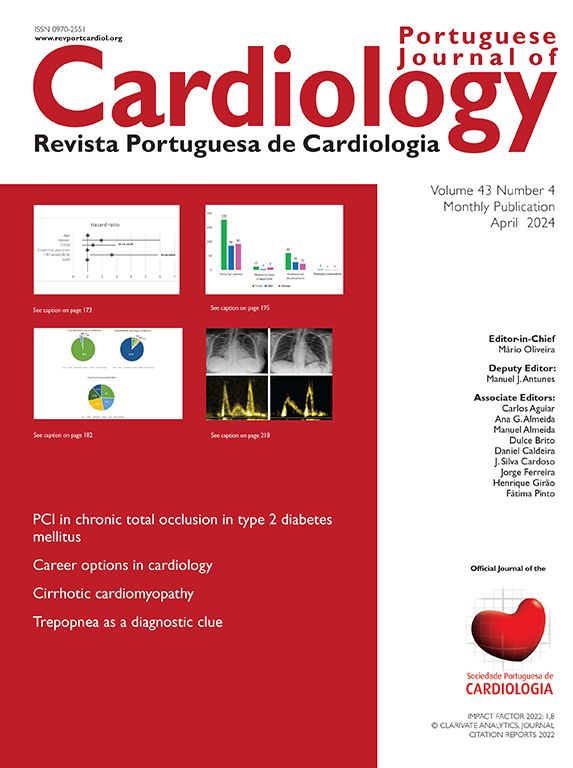The Ross procedure is an alternative method of correcting aortic valve disease with many advantages over conventional aortic valve replacement. These include physiological hemodynamics, lower thromboembolic risk, freedom from lifelong anticoagulation, and increased long-term survival.1 However, although the Ross procedure is associated with low mortality and better quality of life, its use is limited to relatively few centers. Moreover, many adult Ross patients will require a reintervention at some point.
The first question that arises is who are the ideal candidates for the Ross procedure, and the second is which valve is the optimum one for the replacement. The use of a pulmonary autograft to replace the diseased aortic valve in adults, as in the Ross procedure, has not been widely adopted, due to the need for complex perioperative care, among other concerns.
A number of risk factors for autograft failure have been published, including preoperative aortic regurgitation, bicuspid aortic valve, patient age and male gender. Moreover, the current guidelines of the American College of Cardiology/American Heart Association state that in young patients, the Ross procedure should only be considered when anticoagulation is contraindicated.
Several comprehensive papers designed to guide decision-making in aortic valve replacement in adults have been published. They include a recent algorithm to enable cardiologists and surgeons to select patients for the Ross procedure.1,2 Two advantages of the Ross procedure are its compatibility with high levels of physical activity and its feasibility in women considering pregnancy. The potential pitfalls are its technical complexity, the potential long-term failure of two valves, and the difficulties of reoperation.
In this issue of the Journal, Guerreiro et al.3 publish a long-term assessment of the Ross procedure in adults, focusing on clinical and echocardiographic follow-up at 20 years. Fifty-six patients who had undergone the procedure were analyzed. Indications for surgery were dominant aortic stenosis and isolated aortic regurgitation. Survival was similar to that of the age- and gender-matched general population. A subcoronary approach was mostly used, with good clinical and hemodynamic results, and low rates of reoperation in long-term follow-up. The results were comparable to previously published series, although these had a shorter follow-up.
In conclusion, the Ross procedure is an alternative method of correcting aortic valve disease that offers several advantages over conventional aortic valve replacement. A combination of aortic regurgitation and bicuspid aortic valve is the main risk factor for late autograft dilatation and dysfunction.
Conflicts of interestThe author has no conflicts of interest to declare.



